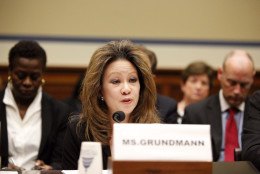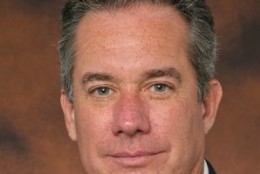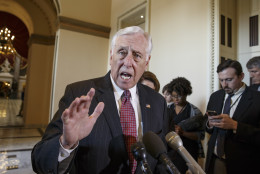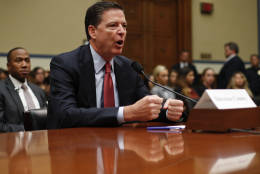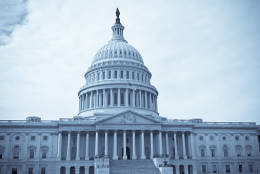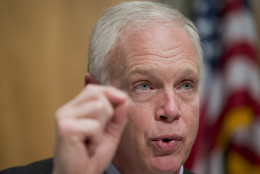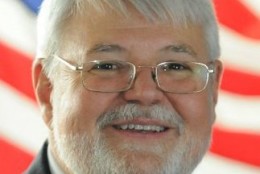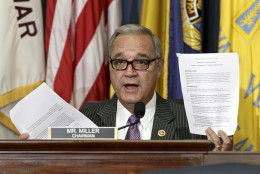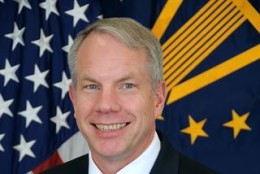Workforce Rights/Governance
-
The Merit Systems Protection Board had a productive 2016, but the departing MSPB chairman, Susan Tsui Grundmann, warned of several budgetary, legislative and personnel challenges that could impact the agency's future.
January 18, 2017 -
Defense legislation signed into law by President Barack Obama in December will reverse decades-old mistake of tax withholding from veterans with combat-related disabilities.
January 13, 2017 -
President Obama's 2.1 percent pay hike may be the last feds see for awhile from Congress, says Jeff Neal, former DHS chief human capital officer.
January 10, 2017 -
If Congress reinstates the Holman rule, Senior Correspondent Mike Causey wants to know what's next: dunking stools along the Potomac?
January 09, 2017 -
The National Treasury Employees Union and the Senior Executives Association both said they hope to better educate the new administration and Congress about the federal workforce.
January 06, 2017 -
The House of Representatives voted Tuesday on its rules package for the 115th Congress, which reinstates a little-known provision from previous congressional sessions. The "Holman Rule" lets lawmakers offer amendments to appropriations packages on the House floor, which could cut an agency's spending, the number of its employees or a person's salary.
January 03, 2017 -
A new bill signed into law by President Barack Obama should provide some relief to FBI whistleblowers, who could only report wrongdoing to a certain group of senior officials at the agency.
December 23, 2016 -
The Senate had a busy weekend, passing five major pieces of legislation that will impact veterans, inspectors general, FBI whistleblowers and others before the close of the 114th Congress.
December 12, 2016 -
Unless President-elect Donald Trump appoints two new members quickly, the Merit Systems Protection Board will likely have one voting member come March 1, when Chairman Susan Tsui Grundmann's term expires. But the upcoming seat-changes have federal employment experts wondering whether this is the beginning of the end for MSPB.
December 09, 2016 -
A provision in the 2017 National Defense Authorization creates new categories of administrative leave: "investigative" or "notice" leave. Employees under an adverse personnel action investigation may stay on leave for 10 work days.
December 08, 2016 -
For J. David Cox, national president for the American Federation of Government Employees, the outcome of the 2016 presidential election came down to "bread and butter issues." And those are challenges that his union, which represents more than 309,000 federal employees, will rally for with the start of the new administration as well.
December 07, 2016 -
A new omnibus veterans package cleared the House Tuesday afternoon, but it doesn't address three controversial issues that both veterans affairs committees and the VA Secretary himself have spent the past year debating. That leaves a fix for the outdated veterans appeals process, an alternative or solution to the Veterans Choice Program and new accountability procedures to the 115th Congress and next administration.
December 06, 2016 -
The House Oversight Committee investigated reports of sexual harassment and misconduct within the Agriculture Department. Employee advocates testified on Capitol Hill that the U.S. Forest Service is not doing enough to prevent harassment, protect victims, and punish perpetrators. Federal News Radio’s Meredith Somers shares the details on Federal Drive with Tom Temin.
December 02, 2016 -
Jeff Neal, former chief human capital officer at DHS, ponders how the new administration will handle federal employee unions.
December 01, 2016 -
The Office of Personnel Management's CIO says modernizing legacy IT systems at civilian agencies like OPM is more than just updating software.
November 30, 2016

